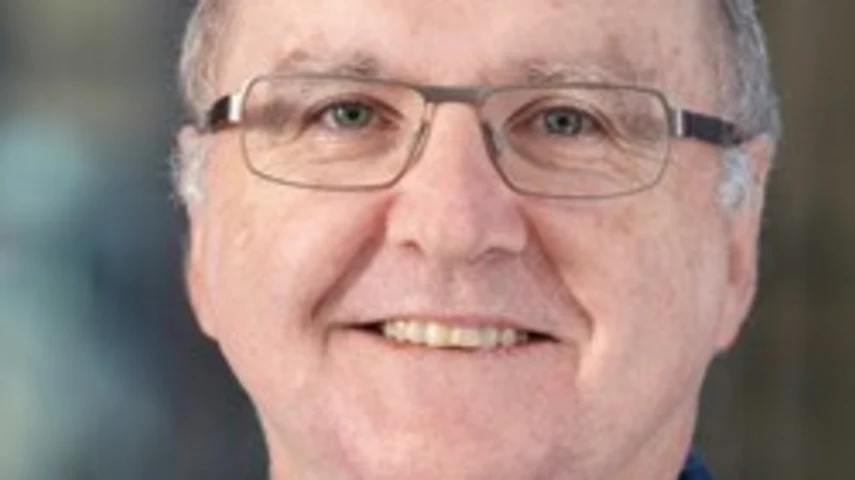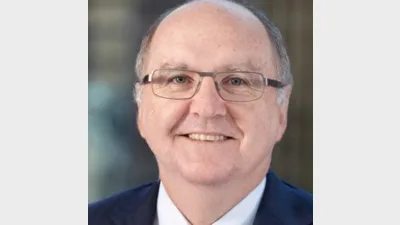ASIC chairman backs portfolio holdings disclosure



Australian Securities and Investments Committee (ASIC) chairman, Greg Medcraft has come out strongly in favour portfolio holdings disclosure obligations for superannuation funds.
Medcraft has told a Parliamentary Joint Committee that he believes "every investor should have the entitlement to see on a confidential basis what is in their fund".
"It is common sense," he said and cited his experience in the US where he claimed "if you invest in a $10 billion money market fund, you can go on and look at every single asset that that fund invests in online, multilayered".
"When I came back to Australia, I wanted to know what was in my fund, and they said, ‘Can't tell you.' I said, ‘Why not?' they said, ‘Well, because people do not normally want that.' I said, ‘It's my money'," he said.
ASIC Commissioner, Greg Tanzer had earlier acknowledged to the parliamentary committee that sections of the superannuation industry had expressed disquiet about the portfolio holdings disclosure requirements within the Stronger Super legislation and which are due to come into effect next year.
"One of the propositions that has been put is whether there should, for example, be a materiality threshold here so that if an asset was worth less than five per cent then it would not need to be disclosed at a granular level," he said. "From our own experience from a regulatory perspective, we are not very keen on materiality thresholds because that is where the bad stuff tends to get hidden."
"We are not at all convinced that it necessarily deals with the problem that some people have suggested about illiquid investments, because it does not deal, for example, with the asset that might be over five per cent. These are issues that are currently actively being considered," Tanzer said.
Recommended for you
Australia’s largest super funds have deepened private markets exposure, scaled internal investment capability, and balanced liquidity as competition and consolidation intensify.
The ATO has revealed nearly $19 billion in lost and unclaimed super, urging over 7 million Australians to reclaim their savings.
The industry super fund has launched a new digital experience designed to make retirement preparation simpler and more personalised for its members.
A hold in the cash rate during the upcoming November monetary policy meeting appears to now be a certainty off the back of skyrocketing inflation during the September quarter.









